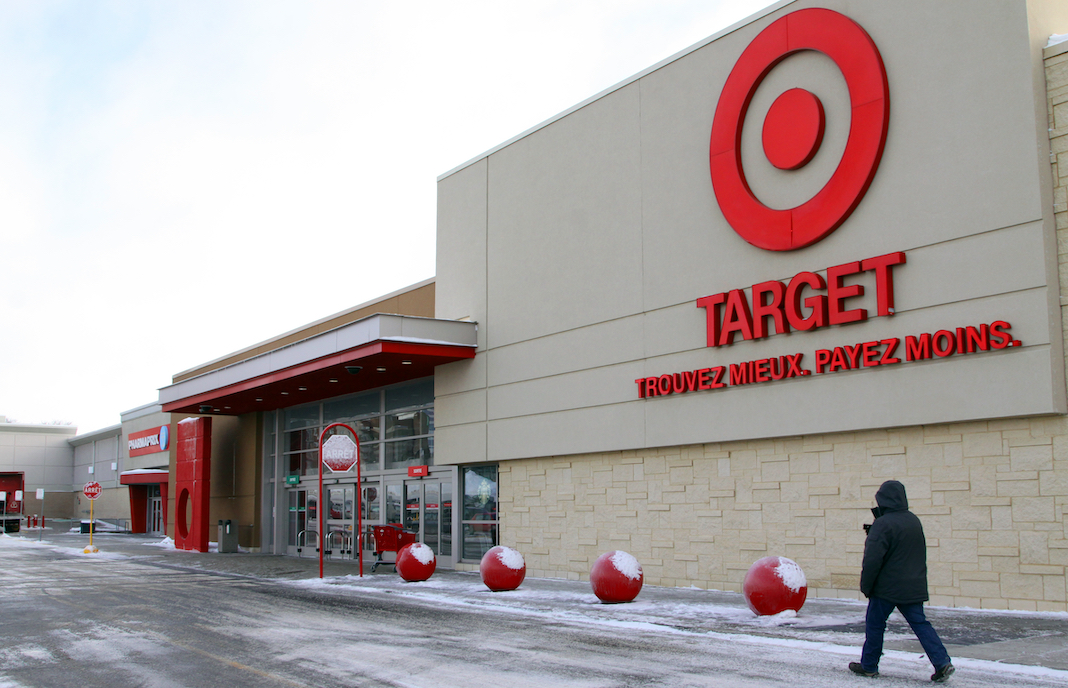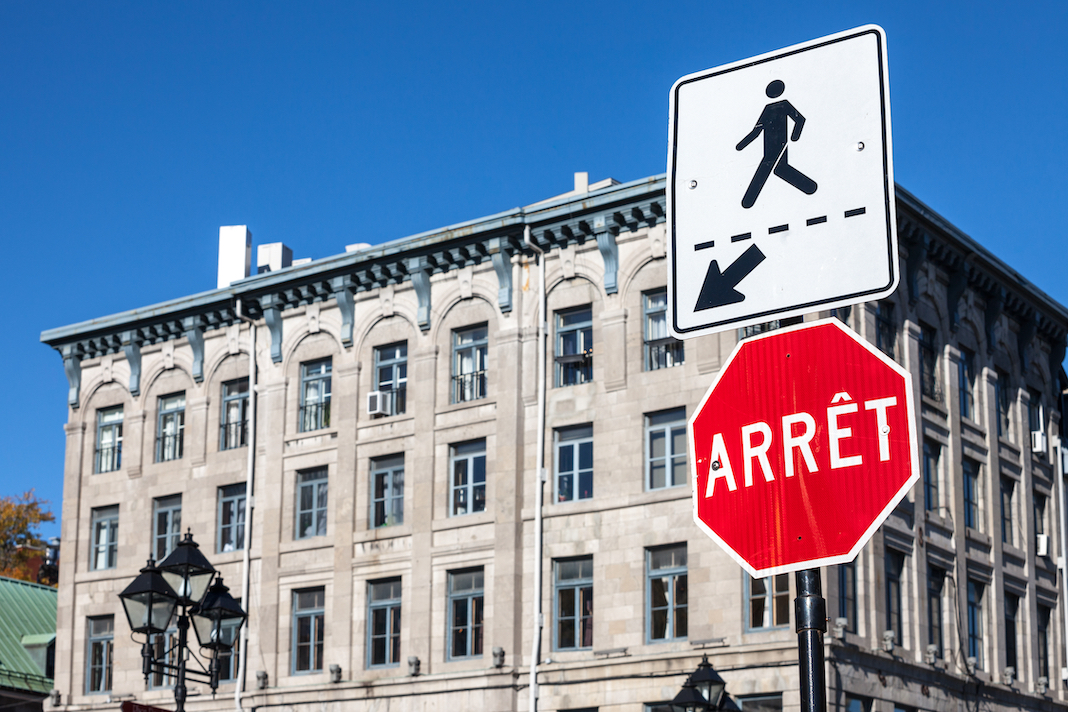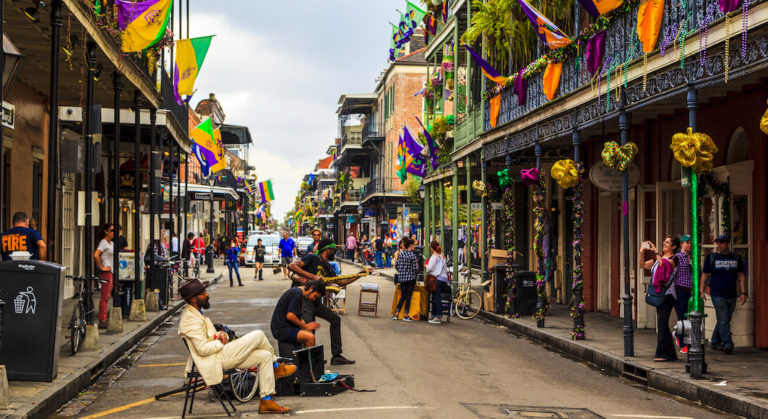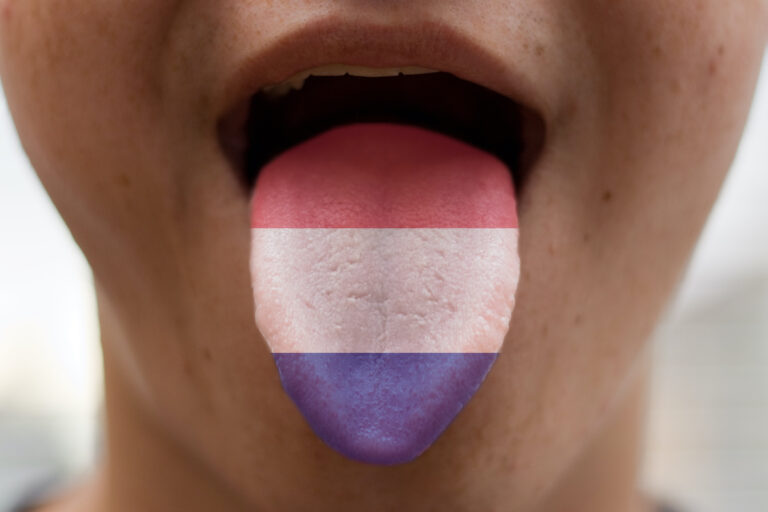If you’re an avid Francophile, you may have heard about the bolstering of Québec’s language protection laws that are being hotly debated for 2021. Last summer, Premier François Legault announced Québec’s intentions for a “robust and global” action plan reinforcing the French language. Early this May, the Québécois government tabled a piece of legislation called Bill 96 which would reform Québec’s existing language laws, and introduce several new changes promoting the use of French in the province, like making all French classes free, and requiring government communication with new immigrants to be conducted solely in French. The budget for French language protection and promotion is roughly $20 million every year, and provincial government spending for Bill 96 is estimated to exceed $17 million. From an American perspective, these efforts might sound excessive. But in order to understand them, one must become familiar with the linguistic and cultural history of Québec.
The French spoken in Québec today is distinct from the French of France (known as Metropolitan French), and its differences lie in Québec’s colonial history. It was in 1534 that French navigator and explorer Jacques Cartier, hoping to find passage to Asia, accidentally washed up on the shores of Newfoundland, Canada. He first constructed an encampment in present day Québec City and then navigated down the St. Lawrence River where he founded l’Île de Montréal. This marked the beginning of the French occupation of Eastern Canada that lasted until 1760. Whereas metropolitan French uses “monter” and “descendre” for “to get in” and “to get out” of a vehicle (literally translating to “to mount” and “to dismount” a horse or a carriage), Québécois French uses “embarquer” and “débarquer” (literally “to embark” and “to disembark” a boat) as a result of these nautical origins. Québécois French has also retained old pronunciations (explore this sound atlas to compare the Québécois and French accents) and expressions from the classical French of the first colonists. For example, the phrase “mais que” (as soon as), while still widely used in Québec, is considered antiquated in France where it has been replaced by “dès que”. Isolation from metropolitan French with the onset of British rule in 1760 helped preserve these older features, making Québécois French a sort of linguistic time capsule.
Many external factors also shaped the language. For example, Québécois profanity arose as a result of the Catholic church’s suffocating control over society during the 19th century. To this day, words like “tabarnak” (tabernacle) and “câlice” (chalice) are expletives when said with ill intent in Québec, but in France hold solely their religious meanings. Additionally, the vocabulary of Québécois French includes borrowings from Native American languages that the early French settlers were exposed to. Amerindianisms such as “carcajou” (wolverine) from Algonquian and “atoca” (cranberry) from Iroquois are used exclusively in Québec, while in France they say “glouton” and “canneberge” respectively. Québécois French is a fascinating amalgamation of influences; the region’s history and neighboring communities have imprinted themselves into the language.
But ever since the British occupation of Québec and the increase in immigration from the US and Western Canada, this unique variety of French has become threatened. To fight these pressures, Québec’s government has made strong efforts to preserve the language. While Canada as a whole has two official languages—English and French—in 1974, the Québécois government passed the Official Language Act (Bill 22), making French the sole official language of the province of Québec. Later, in 1977, the Charter of the French Language (Bill 101) supplanted Bill 22, ensuring that French be Québec’s language of government, business, education, and advertising. Among other things, Bill 22 mandated that signage be in French. For example, while stop signs in most Francophone countries simply say “stop”, those in Québec display the French “arrêt”. Additionally, French-language descriptions are required to be on shop signs that are non-French-language trademarks.
To combat the more recent dominance of the English language that has arisen from the growth of the internet and global trade, Québec’s government put forth Bill 96 this May, which seeks to strengthen and modernize Bill 101. It would enforce the current signage regulations—by sending warning letters of potential fines to businesses that have failed to comply—and strengthen them, demanding that the French description be larger than the trademarked name. The bill would require all businesses to form a Francization committee that evaluates the state of the French language at the company and regularly reports to the Québec Board of the French Language. It would also make French the only language needed to get a job, whereas now there are English fluency requirements at many businesses. Additionally, all government communication with new immigrants to Québec would be solely in French after six months of their arrival, although service in another language would be available upon specific request. The bill would also support higher quality, free French immersion classes, making it easier for immigrants to learn French. “Québec was born in French, and it will stay French,” Simon Jolin-Barrette, Minister Responsible for the French Language, announced passionately during a news conference last November.
The reform bill would also operate on the federal level. It entails the addition of two new clauses to the Canadian constitution declaring that Québec is a “nation”, and its common language is French. It would demand a periodic review of federal language laws to ensure their constant relevance and would defend the rights of francophone minorities in provinces outside Québec. The goal of Bill 96 is to encourage the use of French in daily life and to revitalize Québécois identity. “The language that unites us in Québec is French, and… we must protect it”, Barrette declared. Protecting the French language means protecting the history, culture, and collective identity of Québec that goes along with it.
The Québécois’ struggle to maintain their language coincides with a simultaneous struggle to maintain their identity. Residents of Québec generally don’t consider themselves French, or even Canadian, rather distinctly and proudly “Québécois”. Their tumultuous linguistic history has influenced their sentiment towards the French; although they share a language and French origin, they do not share a culture or a common worldview with France. Many Québécois, particularly the older generations, tend to disapprove of the social acceptance of Anglicisms in France since they grew up perceiving such Anglicisms as a threat. Although Canada’s proximity to the US has resulted in the introduction of many Anglicisms into Québécois French, many Québécois make efforts to Gallicize them. For example, while the French say “le week-end”, in Québec they say, “la fin de semaine”. “Faire du shopping” (to go shopping) is “faire du magasinage” (“magasin” means store) in Québec, and “un e-mail” is “un courriel”. It is worth noting, however, that the Académie Française—the principal council for French language matters based in Paris—tries to resist Anglicisms in the “official” French language, so this protectionism is not entirely exclusive to Québec. Additionally, many Québécois are resentful of the French, seeing them as haughty and elitist in claiming that France is the standard of language and culture for the Francophone world. Studies have found that many Québécois associate the metropolitan accent with intelligence, sophistication, and snobbish “know-it-all” ness, reminiscent of the American perception of the British accent. This demonstrates how the idea of a “correct” or “standard” version of a language can subconsciously affect people’s judgements of its speakers.
If there’s anything that the story of French in Québec shows us, it’s the beauty of linguistic diversity—how history, geography, neighboring communities, and sociopolitical developments can influence a language. It also illustrates the importance of preserving threatened languages, especially when a community’s identity is so closely tied to its language. Laws of language preservation that may seem extreme from a French, American, or even Anglophone Canadian perspective, those who do not share the Québécois history of linguistic threat, actually make a lot of sense within the historical context of Québec. It is important to recognize the variety within the Francophone world; there isn’t one form of the French language nor one manifestation of Francophone culture, and these differences should not only be preserved, but celebrated.








